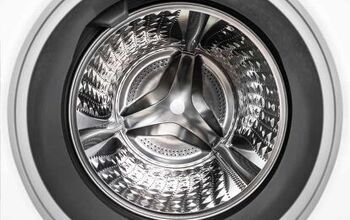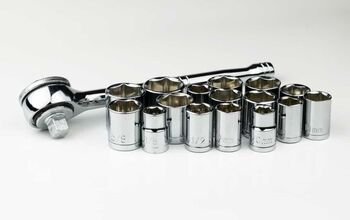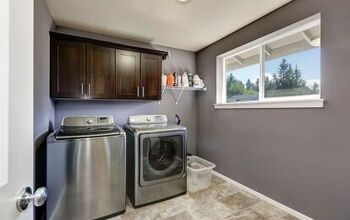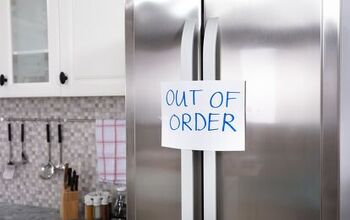Can A Landlord Store His Stuff On The Property? (Find Out Now!)

Being a landlord is not an easy thing, especially when it comes to all the tools and junk that is required to keep a home running. Even if you’re a fan of apps like Clutter, the truth is that it’s often more convenient to store tools and stuff on-site. But, is this actually legal to do on a rental property?
A landlord is legally not allowed to store items in a unit on the property that is leased to residents. Landlords can, however, have a designated storage room or shed on their property that is solely for their own use.
It’s important to understand where your boundaries lay as a renter. Thankfully, this is one guide that’s pretty clear-cut across the board.
Do You Need to Hire Movers?
Get free, zero-commitment quotes from pro contractors near you.

Is Your Landlord Allowed To Store His Stuff In Your Unit?
When it comes to rentals, your rental unit and your individual space are meant to be yours.
Your landlord is not allowed to hog the space that you rented out for his stuff, even if it’s the stuff he uses to fix your apartment. If your landlord is storing items in your apartment space, then you have the right to put his stuff outside or even throw it out.
Is Your Landlord Allowed To Store His Stuff On The Apartment Property?
Yes, your landlord can keep his stuff on the apartment grounds. However, it’s important to note that he can’t just keep it anywhere. Your landlord has to have a specific area that is labeled for landlord/maintenance use on the grounds in order to keep things copacetic.
Your rental unit is a part of the larger apartment complex in most cases. An apartment property will usually have more than one unit. In some cases, they will also have auxiliary rooms and sheds. These extra rooms and sheds do not belong to any particular rental unit. Rather, they are meant to be storage areas for the landlord’s goods.
What Should You Do If Your Landlord Stores His Equipment In Your Apartment Area?
This is an awkward situation, isn’t it? On one hand, you don’t want to tick off your landlord. On the other hand, you definitely don’t want to have to store stuff for him. Here’s what you should consider doing:
- First, try to pull your landlord aside and talk to him amicably. Explain that you don’t feel comfortable keeping his stuff there. Tell him, if you need to, that you worry about liability or losing his stuff. Regardless of the technique you use, it’s best to try to be diplomatic about it.
- If your landlord does not remove his items from your area, file a notice of “Belief of Abandonment” regarding the property. If your landlord doesn’t pick up the stuff, file a notice that says you believe he’s abandoned his items there. A lawyer will help you draft this letter.
- Wait for a couple of days. You should get a response from the landlord within a week to two weeks.
- If no response has occurred, you have the legal right to throw out (or sell) the equipment. You might want to give your landlord a heads up, if he wants to take the new garbage off your hands.
Another Option To Consider
If there is no clause in your lease that says your landlord is allowed to store items on the property, then it’s technically a breach of lease if he does. This means that you have a legal leg to stand on. You can write a letter to him (certified mail, of course) and tell him that you will complain to the local housing authority.
Those complaints might sound like empty threats, but landlords take them very seriously. Depending on the infraction and where you live, the housing authority may have the right to fine the landlord. Or, it might be a good beginning for a lawsuit if something else is causing you grief.
Should You Just Let Them Store Their Stuff?
Honestly, you could. But, it doesn’t necessarily make much sense. You rented out your area for YOUR stuff, not his. While this would be the easiest way to avoid burning bridges with your landlord, it doesn’t really suit most people. If you don’t want to store your landlord’s stuff, you shouldn’t have to.
Can Your Landlord Add A Clause That Allows Them To Store Items In One Part Of Your Property?
Let’s say that you have a rental in a duplex. Your landlord lives in the unit next door. As a renter, you have to agree to the terms of the lease he gave you. However, there is a certain line that most people don’t cross. Your rental agreement will need to delineate the exact areas that you are leasing.
This means that your hypothetical duplex lease would mention how many bedrooms you rent, whether the backyard is part of the rental, the number of bathrooms, as well as the use of the garage. In many states, asking for a portion of the garage or backyard is not allowed.
A good rule of thumb is that you should always look for a provision in your lease to make sure that you know the full expectations of your landlord. If you do not like the idea of sharing and there’s a provision in there, it may be time to continue your search for a better apartment.
Why Shouldn’t Landlords Store Items In A Tenant’s Area?
Aside from it being a jerk move, there are several reasons why a landlord shouldn’t store items in your area:
- Limited Access. Your landlord can’t just waltz into your apartment to get his shovel. That’s illegal and an invasion of privacy. This means that if your landlord wants access to his stuff, he would have to wait to ask you. That’s inconvenient for both people involved.
- Liability. What happens if you lose his stuff? Or if he thinks he placed something in your apartment, but didn’t? Well, you might be liable for whatever he loses or breaks in your apartment. That’s a ton of legal red tape for all parties involved.
- Less Bang For Your Buck. Do you really want to pay for a home where you don’t have all the space that’s typically there? Of course, not! Landlords know this looks bad, too. So, they would typically rather just keep storage spaces separate unless it’s clearly delineated in the rental agreement and not attached to the unit itself.
Do You Need to Hire Movers?
Get free, zero-commitment quotes from pro contractors near you.

Related Questions
How long do you have to wait before goods can be abandoned?
This depends on where you live and the local laws. On a federal level, it also depends on the value of the goods. You should expect to wait between 1 week and 1 year for someone to pick up their goods. A rule of thumb to follow is to wait longer based on the value of the item. A week is fine for a $2 bag, but you should wait a year for those Gucci shoes.
How long can someone leave something at your house?
So, this actually has more to do with you than the person. A person can leave stuff at your home indefinitely, as long as they have your permission. When you can no longer store their stuff, you have to give them a written deadline. Once the deadline is reached, you have the right to throw their stuff to the curb or assume ownership of the goods.
Can your tenants refuse apartment viewings?
In most parts of the country, tenants have the right to refuse apartment viewings for a number of reasons. It is considered to be a breach of privacy by many, and may also put the renters at risk of petty theft. If you have a renter who does not want to hold viewings of their apartment, you cannot force them to do so.

Ossiana Tepfenhart is an expert writer, focusing on interior design and general home tips. Writing is her life, and it's what she does best. Her interests include art and real estate investments.
More by Ossiana Tepfenhart



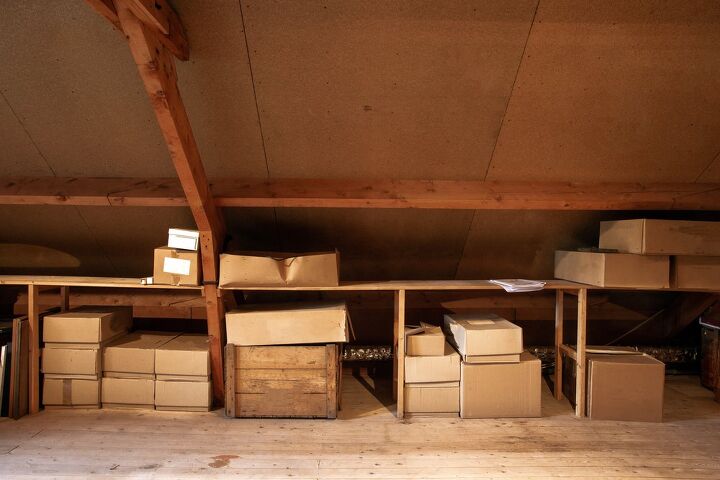






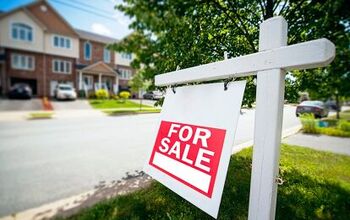
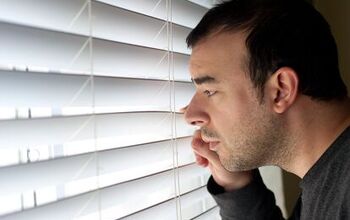
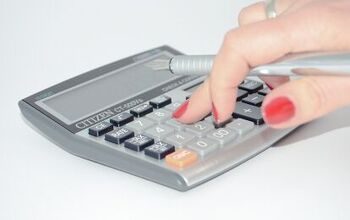
![10 Best Cordless Leaf Blowers – [2022 Reviews & Ultimate Guide]](https://cdn-fastly.upgradedhome.com/media/2023/07/31/9070789/10-best-cordless-leaf-blowers-2022-reviews-ultimate-guide.jpg?size=350x220)
![Finishing Basement Without Permit [Is It Really Illegal?]](https://cdn-fastly.upgradedhome.com/media/2023/07/31/9070078/finishing-basement-without-permit-is-it-really-illegal.jpg?size=350x220)

